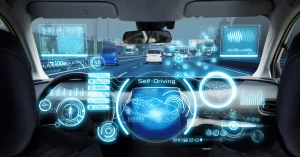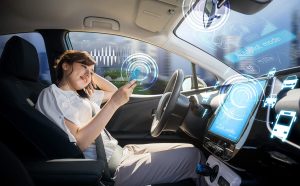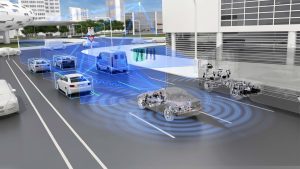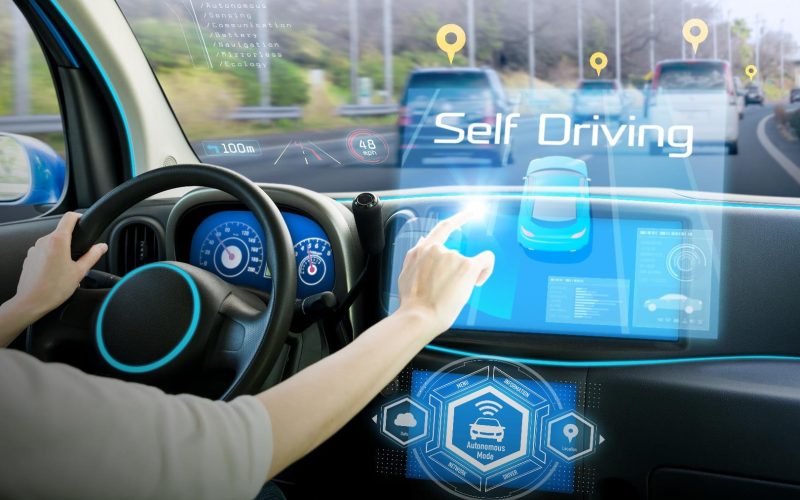Introduction: The Author’s Perspective
As a technology enthusiast with a keen interest in transportation innovations, I’ve delved into the transformative potential of autonomous vehicles. This article examines how self-driving cars are revolutionizing the way we commute, travel, and interact with urban environments.
Understanding Autonomous Vehicles

Autonomous vehicles (AVs) utilize advanced sensors, cameras, and artificial intelligence to navigate and operate without human intervention, promising enhanced safety and efficiency in transportation.
Advantages of Autonomous Vehicles
Highlighting benefits such as reduced traffic accidents, improved traffic flow, increased mobility for elderly and disabled individuals, potential fuel efficiency gains, and enhanced productivity during commutes.
Challenges and Concerns
Discussing challenges including technological limitations, cybersecurity risks, public trust and acceptance, liability issues, ethical dilemmas in decision-making, and potential job displacement in transportation sectors.
Safety and Regulations

Exploring the importance of robust safety standards, regulatory frameworks, and testing protocols to ensure the safe integration of autonomous vehicles into public roads and transportation systems.
Impact on Urban Mobility
Analyzing how AVs could transform urban transportation by reducing congestion, offering on-demand mobility services, optimizing parking spaces, and reshaping public transit systems.
Economic Implications
Examining economic impacts such as changes in employment (e.g., taxi drivers, truck drivers), cost savings in transportation logistics, potential revenue from mobility services, and investments in AV technologies.
Environmental Impact

Addressing how AVs could contribute to reducing greenhouse gas emissions through optimized driving behaviors, vehicle electrification trends, and potential integration with renewable energy sources.
Changes in Infrastructure
Discussing infrastructure adaptations needed to support AV technology, including smart roads, communication networks, charging stations, and urban planning considerations for AV-friendly cities.
Social and Cultural Shifts
Exploring the societal implications of AV adoption, including changes in commuting habits, leisure activities during travel, urban design preferences, and implications for social equity and accessibility.
Future Directions and Adoption

Looking ahead to future trends such as autonomous fleets, shared mobility services, advancements in AI for AV decision-making, regulatory updates, and global adoption rates of self-driving technologies.
Conclusion
As autonomous vehicles continue to evolve, their impact on society spans safety, mobility, economic dynamics, environmental sustainability, and cultural norms. By understanding these complexities, stakeholders can navigate the opportunities and challenges of integrating AVs into our daily lives effectively.








